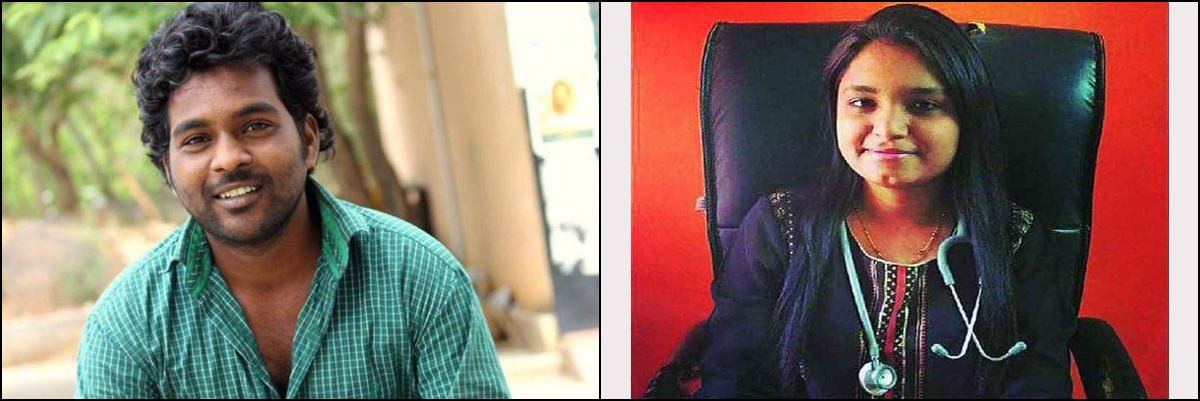 Image courtesy: The Leaflet
Image courtesy: The Leaflet
CALLING for a sound mechanism to redress cases of caste-based discrimination in the universities, mothers of Rohith Vemula, a PhD student and Dalit who took his own life in Hyderabad in 2016, and Dr Payal Tadvi, a 26-year-old Muslim gynaecologist belonging to a tribal community listed under Scheduled Tribes who also committed suicide in Mumbai early this year, approached Supreme Court on Wednesday.
In their joint petition, Radhika Vemula and Abeda Salim Tadvi have sought apex court’s intervention for the issuance of guidelines to the higher educational institutions in the country.
The Petition, which is filed through the office of Advocate-on-Record Sunil Fernandes, has also deplored the inadequacy of existing “equity regulations” notified by the University Grant Commission (UGC) in 2012 for redressing the issue of caste-based discrimination on campuses.
Referring to the continuing instances of Scheduled Caste (SC) and Scheduled Tribes (ST) students committing suicide in different parts of the country due to caste bias, the petition alleged complacency on part of the UGC and the university administration in institutions like Jawaharlal Nehru University, Hyderabad Central University and Banaras Hindu University among others.
Citing the data received through an RTI reply, the petition argued that the UGC has failed to take any action against universities that have not complied with its set of regulations.
In the year 2015-16, only 155 out of the around 800 recognised universities had replied to the UGC’s letter asking for the action taken report. This number grew to 419 out of nearly 880 recognised universities in the year 2017-18.
“Even in the universities that have provided the data, the majority of the universities have claimed that they did not receive any complaints of caste discrimination. Many universities also did not provide any details of the mechanism adopted by them to look into these complaints,” the plea noted.
The UGC has not taken any action against the non-complying universities, it complained.
Other than the lack of implementation, the petition underscored grave inefficiencies in the regulations. “The lack of any uniform independent mechanism to address these complaints prevents the students from approaching the authorities as they do not feel confident about the procedures.”
“The presence of faculty members as anti-discrimination officers under the regulations deters these students as they fear it would impact their academic results,” it pointed out.
Drawing parallels between anti-ragging regulations and UGC (Prevention, prohibition and redress of sexual harassment of women employees and students in higher educational institutions) regulations that provide for an independent, uniform mechanism with adequate representation, it stated, “These analogous regulations also provide for personal accountability on part of the university/college administration to ensure implementation, a clause which is also missing in the Equity guidelines.”
“The ‘equity guidelines’ are also lacking in many other aspects as they do not apply to faculty members. The employees belonging to SC, ST community fail to ensure that a hostile environment is not created against the complainant or s/he is not eventually victimised,” the petition stressed.
The petition urged the top court to exercise its powers under Article 142 of the Constitution of India to ensure delivery of justice, directing all universities to adopt and implement comprehensive and uniform mechanisms to end caste discrimination on campuses.
“The repeated failures of the UGC to address issues of caste-based discrimination and ensure compliance of its regulations has resulted in the violation of fundamental rights of the SC, ST community in higher educational institutions, which deserves the intervention of the Supreme Court,” the petition stated.




